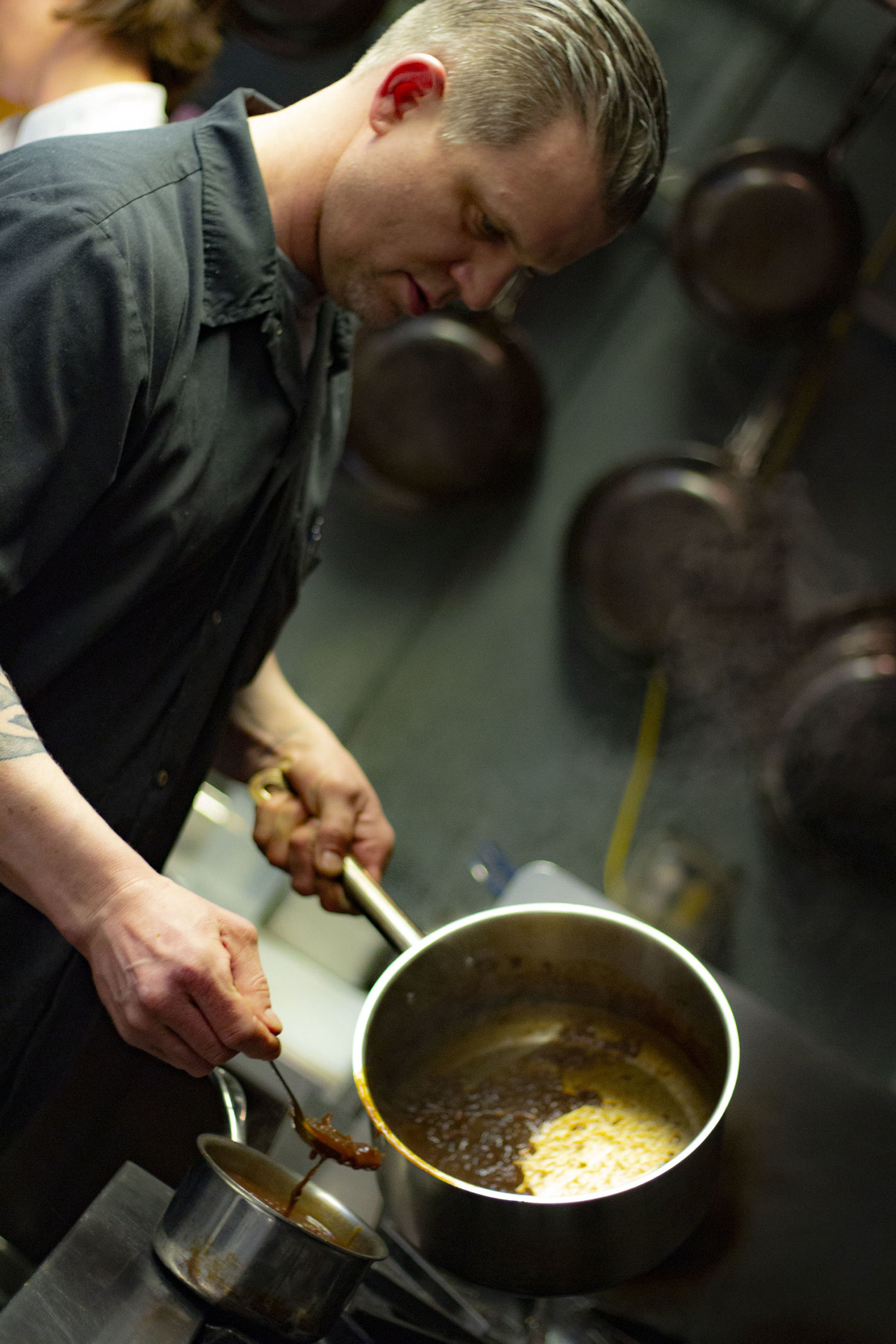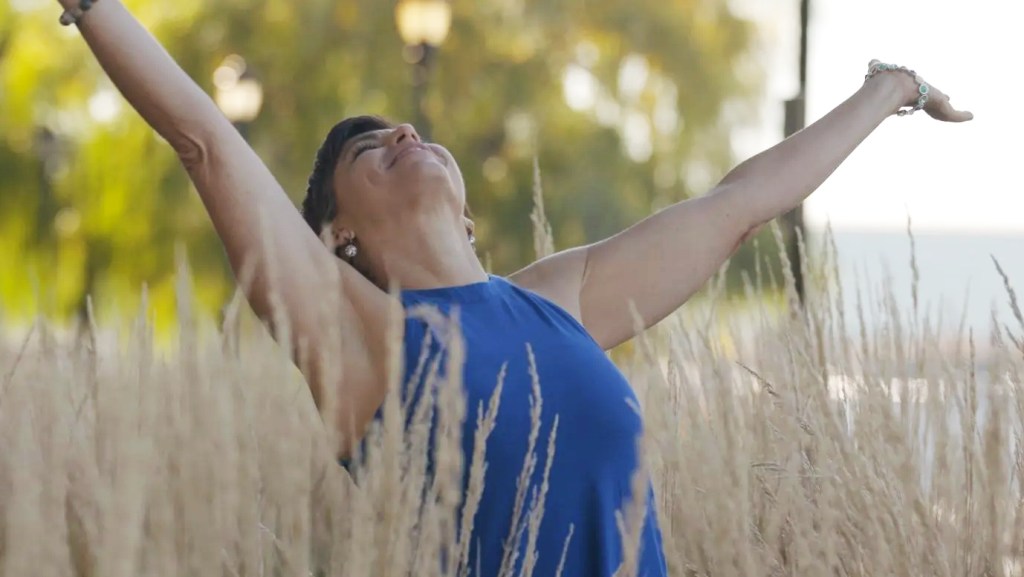North Fork Table & Inn


Few restaurants are as imbedded in the culture of Long Island as the North Fork Table & Inn. The restaurant, which opened in 2006, was the project of acclaimed pastry chef Claudia Fleming and her chef-husband Gerry Hayden. Fleming, who rose to fame as the pastry chef of Danny Meyer’s Gramercy Tavern, and won the coveted James Beard Award in 2000 for Pastry Chef of the Year.
Fleming and Hayden ran a successful business together, creating a formal-yet-cozy occasion restaurant in Southold. I can think of no other dessert on Long Island that resonates like Fleming’s coconut tapioca, now a dish for which the restaurant has become known in its own right.
The story of the North Fork Table & Inn is one of a phoenix rising from the ashes. In 2012, I walked into the restaurant for the first time. I was a wine rep with an appointment with a buyer, Mike Mraz, also a co-owner. My time with him was the product of a cold-call. We had never met. While I waited in the bar for Mraz, sorting through my samples and spec sheets, I overheard a conversation in the dining room about a fundraiser for Lou Gehrig’s Disease.
It was autumn. My father had died just over a year before, at 57, of Lou Gehrig’s Disease, and I felt a certain kinship with the vernacular of illness. Lou Gehrig’s — or ALS — is a very specific withering. Motor skills vanish while the mind remains intact. By the end of his life, my father could not walk, eat, or speak — but he could communicate his still-articulate thoughts through a computer that connected his eyes to a keyboard.
I mention this because it was my relationship to disease that connected me with the North Fork Table & Inn, when another person — Chef Gerry Hayden — was himself suffering from it. During the course of my relationship with the restaurant, and the people in it, I would watch Hayden’s disease progress. It claimed him in September 2015.
It is sometimes impossible to divorce personal experience from objective thought. I love the North Fork Table & Inn because of its impeccable food, thoughtful wine list, and warm ambience (the building dates back to the late 1700s), but I also love it because it is intrinsically connected to my life. On that first day, when I finally met Mike Mraz, we talked for an hour, but not about wine. We spoke, instead, about ALS, a common thread that bound us, however unfairly.
From there, our friendship grew. We tasted wine together. Eventually, I persuaded him to buy my wines. But all of that is somehow beside the point.
I have written plenty of articles about restaurants that I love, like, and loathe. Most of my assessments of a place are determined by a set of rules. Does a restaurant perform its duties as promised? Does the food deliver? Would I want to spend an afternoon or evening there? In the case of the North Fork Table & Inn, the answer to these questions is yes.
But restaurants are not solely about the singular experiences they offer us as diners. Diners are also human beings, brought to tears or laughter, influenced by the world we leave behind when we step through the doors and by whatever kind of day we had before dinner. When it comes to the North Fork Table & Inn, where I spend my birthday each year, I am far from an objective diner.
But that’s ok. I can tell you, dear readers, that you will not want to miss chef Brian Wilson’s Crescent Farms duck breast, served with buckwheat polenta, glazed carrots, and rhubarb chutney. I can tell you, too, that to leave without Claudia Fleming’s cookies in hand is to tempt fate.
I can also say that this restaurant — like any restaurant — is more than the sum of its parts. I encourage you to find your own story there.









